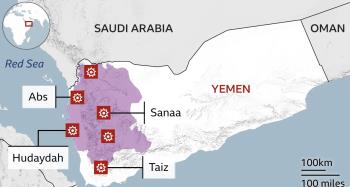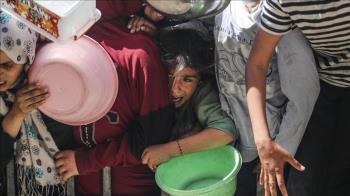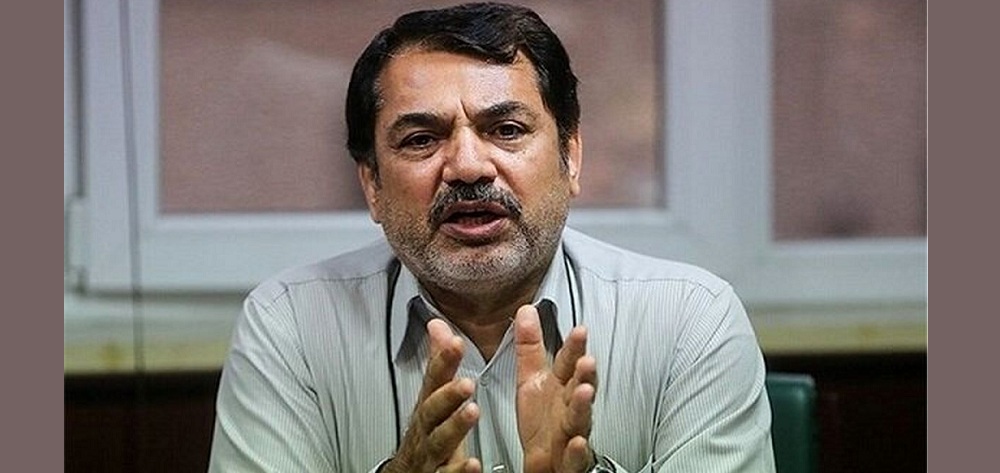Alwaght- With the Palestinian civilian casualties skyrocketing and possibility of an Israeli ground offensive on Gaza increasing, war between the Israeli regime and Hamas movement has entered its second week. But while in the past few days Israeli media talked about imminence of a ground operation in the besieged enclave, they on Monday announced that it was delayed because of uninviting weather. Some sources said that a Washington request was behind the decision. Amid the Israeli saber-rattling and insisting on the determination to fully occupy Gaza, the resistance groups in Gaza have not stood idle and published a footage of their missile arsenals laden with anti-armor ammunition for use against invading Israeli tanks and also shoulder-mounted air defense to shoot down helicopters that would enter Gaza in show of their preparation for Israeli offensive.
From another aspect, in recent days, Iranian and Hezbollah officials have warned about possibility of opening new fronts against the Israeli occupation should Tel Aviv press with forcing masses of people out Gaza and change the realities of the region using its ground attack that would make the upcoming equations highly complicated and on the brink of unpredictable and critical developments. Alwaght has talked to West Asia affairs expert Hussein Royvaran, asking him about the future possibilities of a ground offensive on Gaza.
Alwaght- These days, hardliners of Israeli cabinet push for a ground offensive on Gaza. What do you think are the Israeli goals behind threatening with a ground operation in Gaza?
Royvaran: I think that the Israeli ground intervention in Gaza comes with the aim of blackmailing and there is a slim chance it would be launched. If the Israeli regime wants to occupy Gaza, why did it retreat from it in 2005? Indeed, it pushed hard in 2008, 2012, and 2014 wars to seize it again but it failed. So, occupation of Gaza is nothing but a bluff and Israeli capabilities for its seizure are limited and such a risk will cost the Israelis dearly.
Alwaght: What are the limits and obstacles ahead of Israeli ground entry into Gaza? Given the gaps and weakness of the military, how much can the military leaders and Israeli society buy the idea?
Royvaran: The key obstacle is existence of 380 kilometers of tunnels under Gaza and if the Israeli army wants to enter them, it should expect surprise attacks from them. So, this is one of the factors of Israeli military incapability and a source of its vulnerability. Tel Aviv red line is its weakness and maximum casualties. Given the readiness and capabilities of resistance groups, a ground entry to Gaza will inflict heavy losses on the occupiers. That is why they have declined to invade so far.
Also, among the military circles, there are not many advocates to a ground incursion into Gaza because Israeli troops and officers have several times suffered losses from the Palestinians and they are afraid this nightmare would repeat itself. So, again, I do not think the military will launch a ground operation.
Alwaght: What would be the consequences of a ground operation in Gaza for the Israelis?
Royvaran: One of the most important obstacles to entering Gaza is the threats of Iran and Lebanese Hezbollah that have warned they will not remain silent if Israel escalates crimes in Gaza. Therefore, in case of ground intervention, the war will not be limited to Gaza, and all possibilities are open.
Alwaght: Giving the recent Gaza conflict and trading of fire between Israeli forces and Hezbollah on the northern borders, how likely is Hezbollah involvement in the war in defense of the Palestinian should Israel attack Gaza?
Royvaran: Hezbollah is already, though limitedly, involved in the war. The Israeli regime knows well that Hezbollah is very different from the Palestinian resistance and has high military capabilities. Hezbollah honed its skills in Syria war and now in these limited clashes, its missiles strike with 90- percent precision. Due to Hezbollah’s efficiency, capability, and training, Israeli vulnerability to the Lebanese movement is high and that is why Tel Aviv is worried about a confrontation.
Alwaght: If we assume that the Israeli military entered Gaza and sustained heavy casualties. What are the impacts on the West Bank front? What would be the consequences for the hardline cabinet in Tel Aviv?
Royvaran: The Israeli cabinet is already grappling with big challenges due to its big loss and casualties to Hamas. At the same time, it has no bright records or achievements in terms of economy, living condition enhancement, and other factors. More importantly, Netanyahu and his family are struggling with corruption cases and since his return to power, Israel has witnessed unprecedented disarray and crisis in its social structure. Therefore, Netanyahu has no escape way but resignation or ouster. If situation calms down in the next weeks and months, the Israeli media and the settlers themselves will unleash a squeezing pressure to Netanyahu to step down. Thus, if he launches a ground offensive and fails, he will certainly create devastating consequences in the occupied territories.
Alwaght: How much will a meeting of Organization of Islamic Cooperation impact Gaza war course? Can this organization check the Israeli occupation with new initiatives? What are the expectations of the Muslim public opinion from this organization?
Royvaran: Unfortunately, so far, the Organization of the Islamic Cooperation has not taken any serious action against the Israeli regime, but this time, given the enormity of crimes committed by the Israelis in Gaza, the Muslim nations expect this organization to take effective action in this regard. What is certain is that the pressure of Islamic societies against Israel has been different in recent months compared to the past, and there is a relative consensus among countries against the occupiers.
Alwaght: What is your outlook of future developments in Palestine?
Royvaran: The Israeli regime has suffered a hard defeat and is trying to cover it up and reverse it with its large-scale crimes in Gaza, and its its main aim is to take more and more lives from the Palestinians, but this policy will backfire as such actions are incapable of tipping the scales in favor of the Israeli enemy.
The Operation Al-Aqsa Storm is, indeed, the masterpiece of the resistance groups since their foundation and its influence on shift of the equations will certainly be more than its predecessors. I think that what happened was a jump in the resistance operations, because all of the past confrontations with the Israelis were static but this one was dynamic and aimed at liberation of parts of occupied Palestine. The advances that were made inside the Israeli settlements and led to killing of dozens of Israeli forces and capturing of dozens of Israelis would certainly change the equations considerably and in the future, the Israeli regime has to yield to the Palestinian resistance’s demands in prisoner swap.



























